On April 26th, 2021, SDSN USA’s Zero Hunger Pathways Project convened for the second dialogue in their ongoing series of conversations focusing on barriers and opportunities to achieve Zero Hunger in the United States, in line with the United Nations Sustainable Development Goals. With over 60 participants registered, these dialogues continue to bring in experts and stakeholders from across the U.S. to provide their knowledge and feedback in order to advance research deliverables that will help shape future education, engagement, and policy in order to achieve Zero Hunger in the United States by 2030.
The second dialogue, “What is the State of Hunger in the US?”, included discussion based on a draft situational analysis paper, written by a capstone class of students at Auburn University, which was circulated to registered participants prior to the dialogue. The event opened with background on the Working Group, conveyed to participants by Bassel Daher, working group co-chair and Texas A&M Professor who provided context for the dialogue series and it’s goal to bring experts together to create consensus driven, action oriented recommendations rooted in the project’s vision for four pathways: equitably, resilience, sustainability, and health and nutrition, all intended to profoundly improve availability, accessibility, utilization and stability of healthy food for all. These pathways were incorporated into the Situation Analysis draft, with each value a specific topic of focus for feedback and reflections from participants. The analysis draft, as Alicia Powers, working group co-chair and Managing Director of the Hunger Solutions Institute at Auburn University explained in her overview of the document, was created by her students and is broken into hunger causes, consequences and responses. The sections were brought forward in varying stages of development, leaving ample room for dialogue participants to provide input on what evidence is missing or could be supported by further evidence.
Thanks to the contributions from dialogue participants, the Zero Hunger Working Group received valuable feedback and new evidence which will be incorporated into the final analysis paper. One key takeaway from the dialogue included the need to clearly detail the COVID-19 context without diminishing the long term pattern of food and nutrition insecurity prevalent in the United States. Breakout participants also advocated for additional supporting literature, updates to vocabulary and the need to define terms, and for the establishment of historical context through the use of survey data. This situational analysis is meant to provide background for future pathways to Zero Hunger that are equitable, resilient, sustainable, and healthy/nutritious.
Please reach out to usa@unsdsn.org if you are interested in engaging on the Zero Hunger Pathways Project or with any comments or questions about the initiative. To keep up-to-date on SDSN USA events including future dialogues, visit www.sdsnusa.org/events, follow us on Twitter and LinkedIn or join our mailing list for regular updates!

